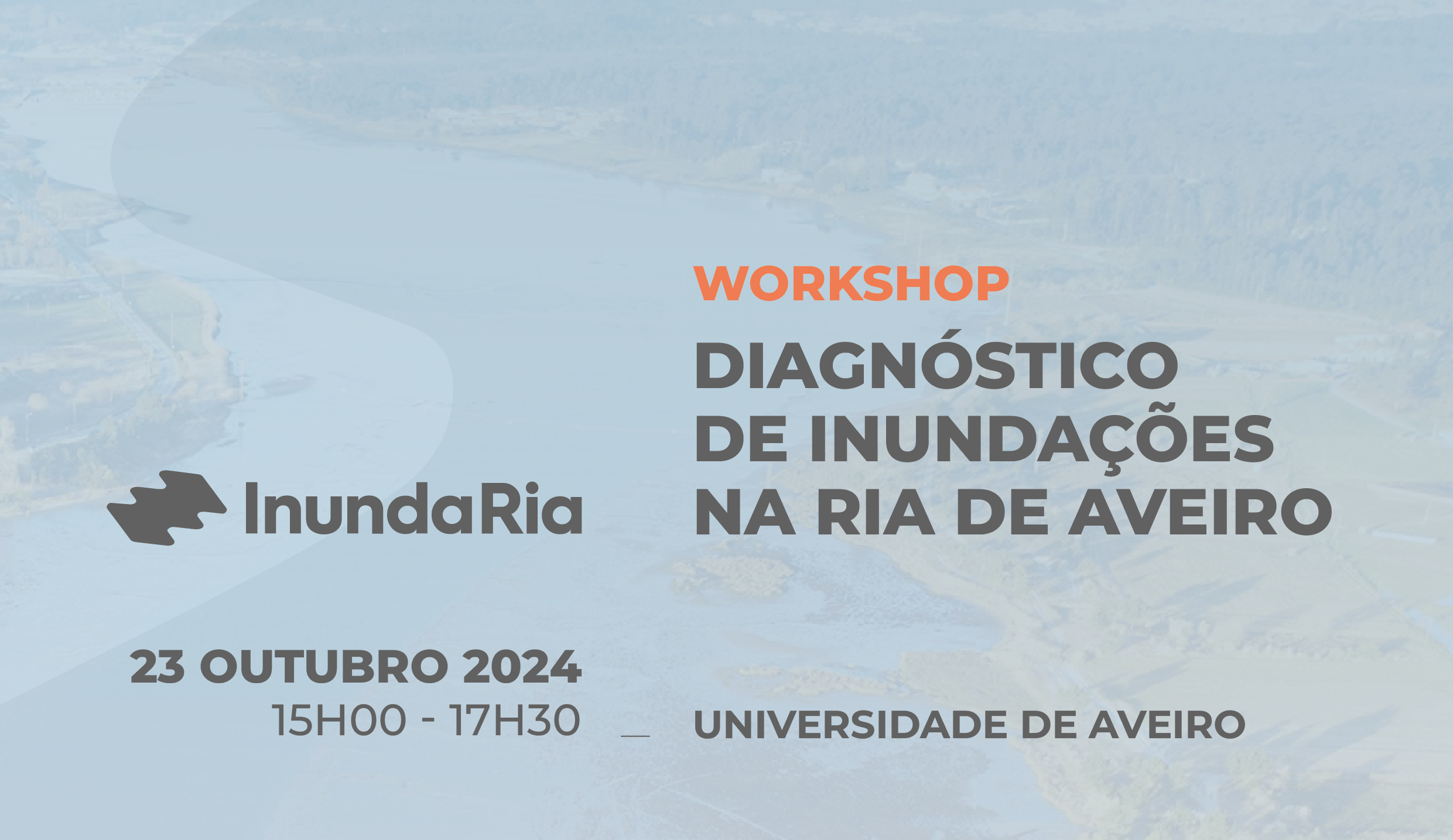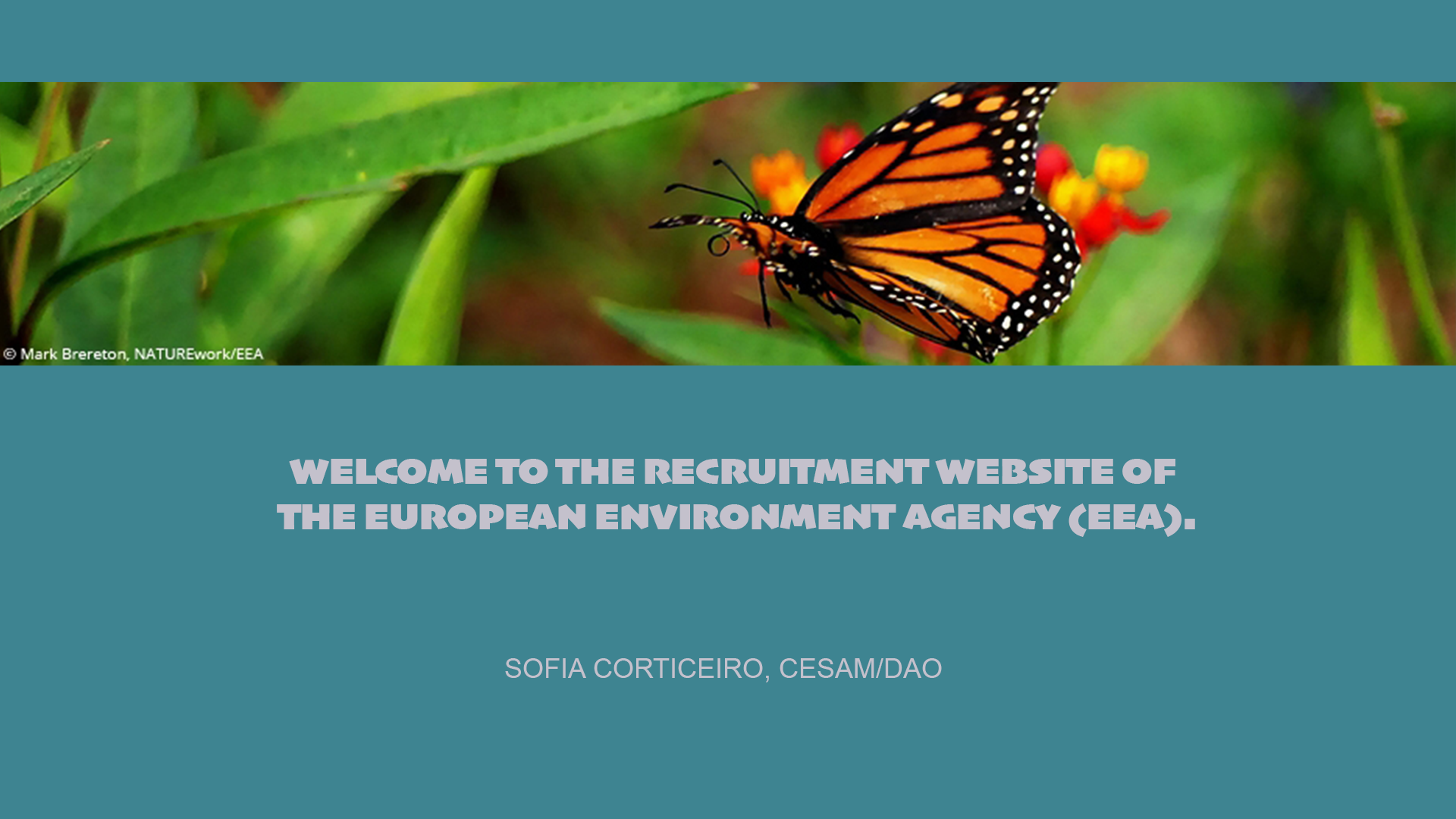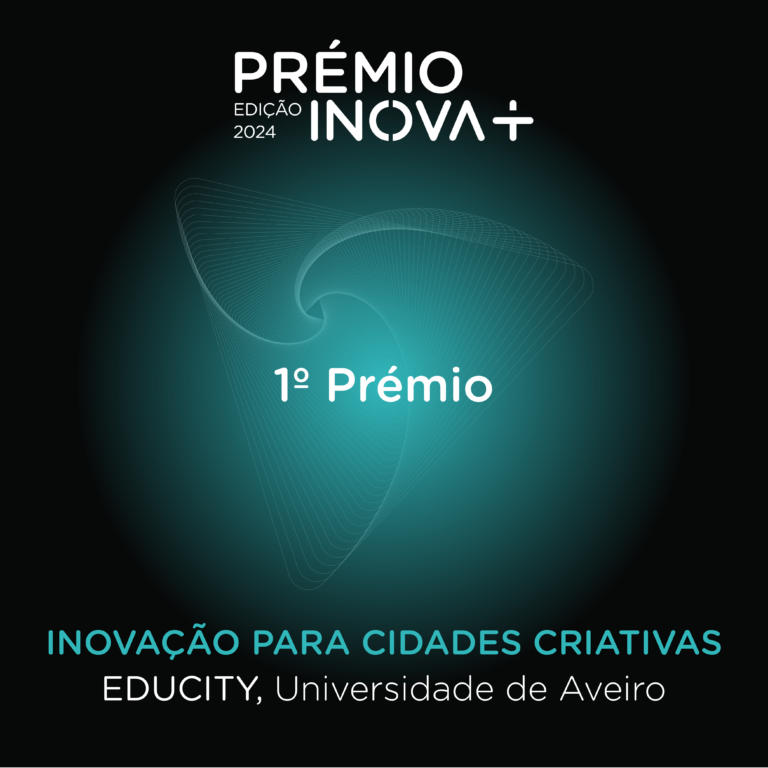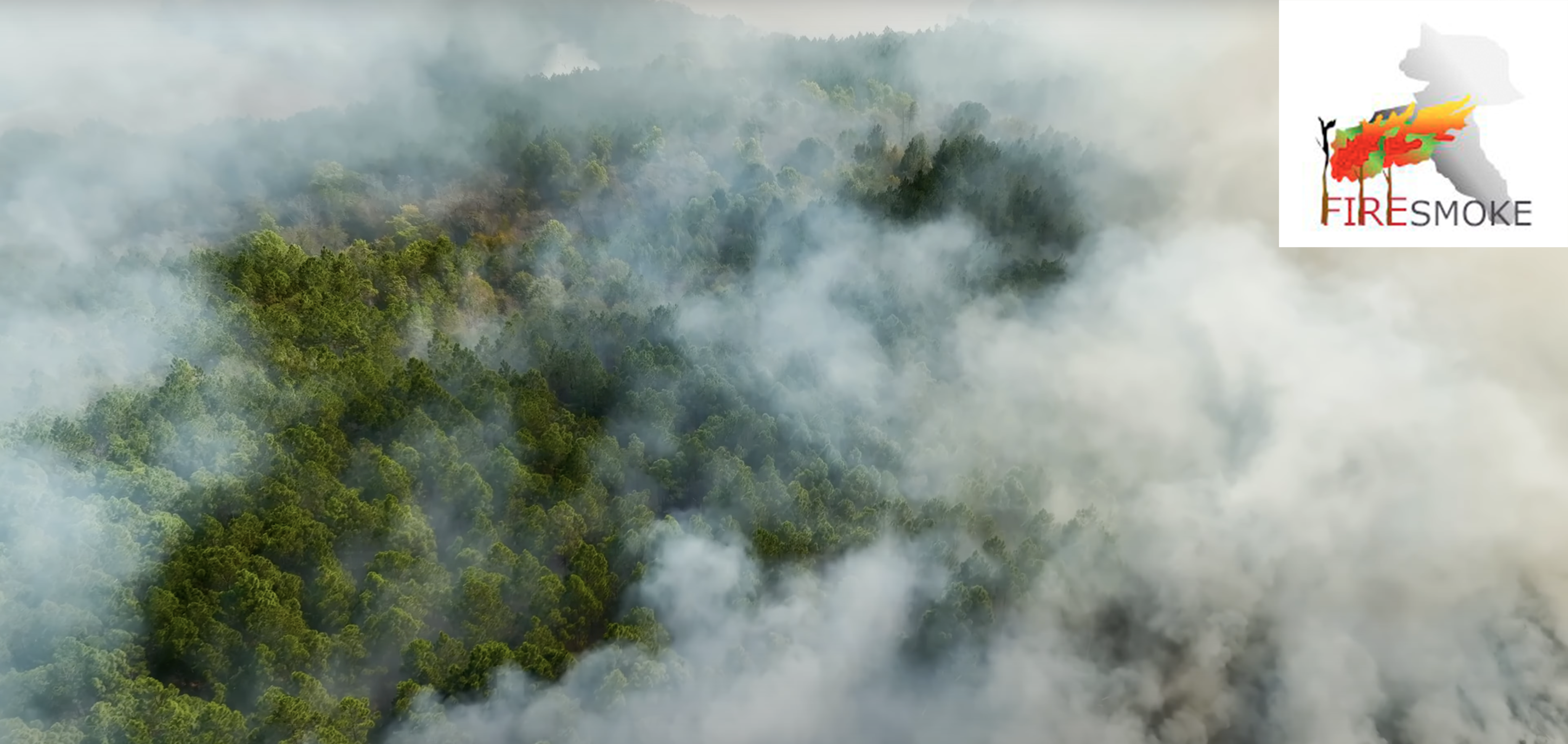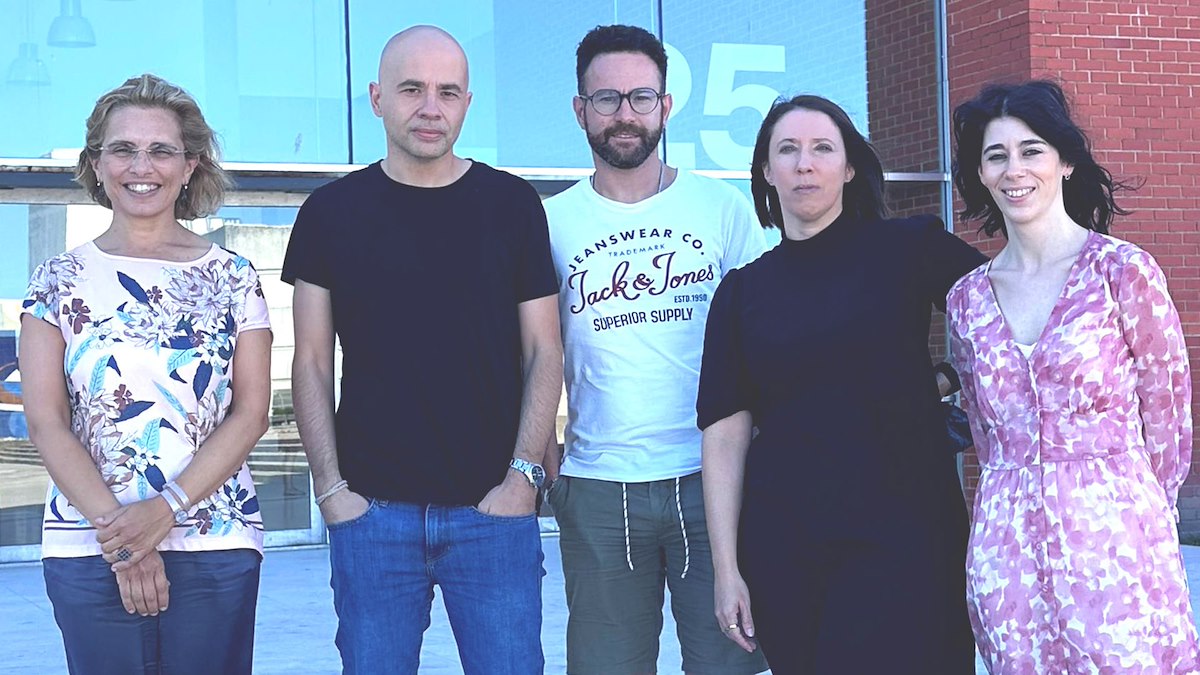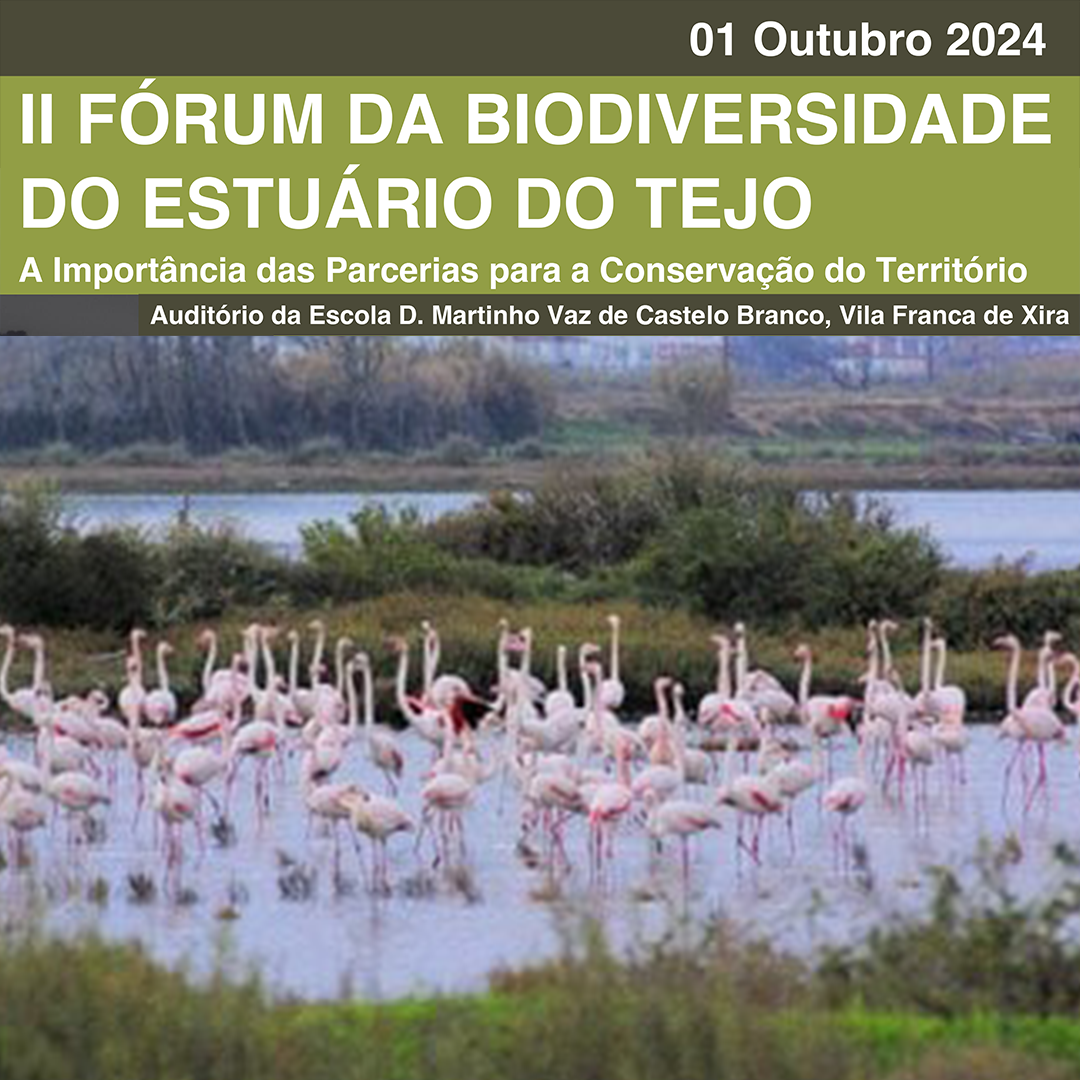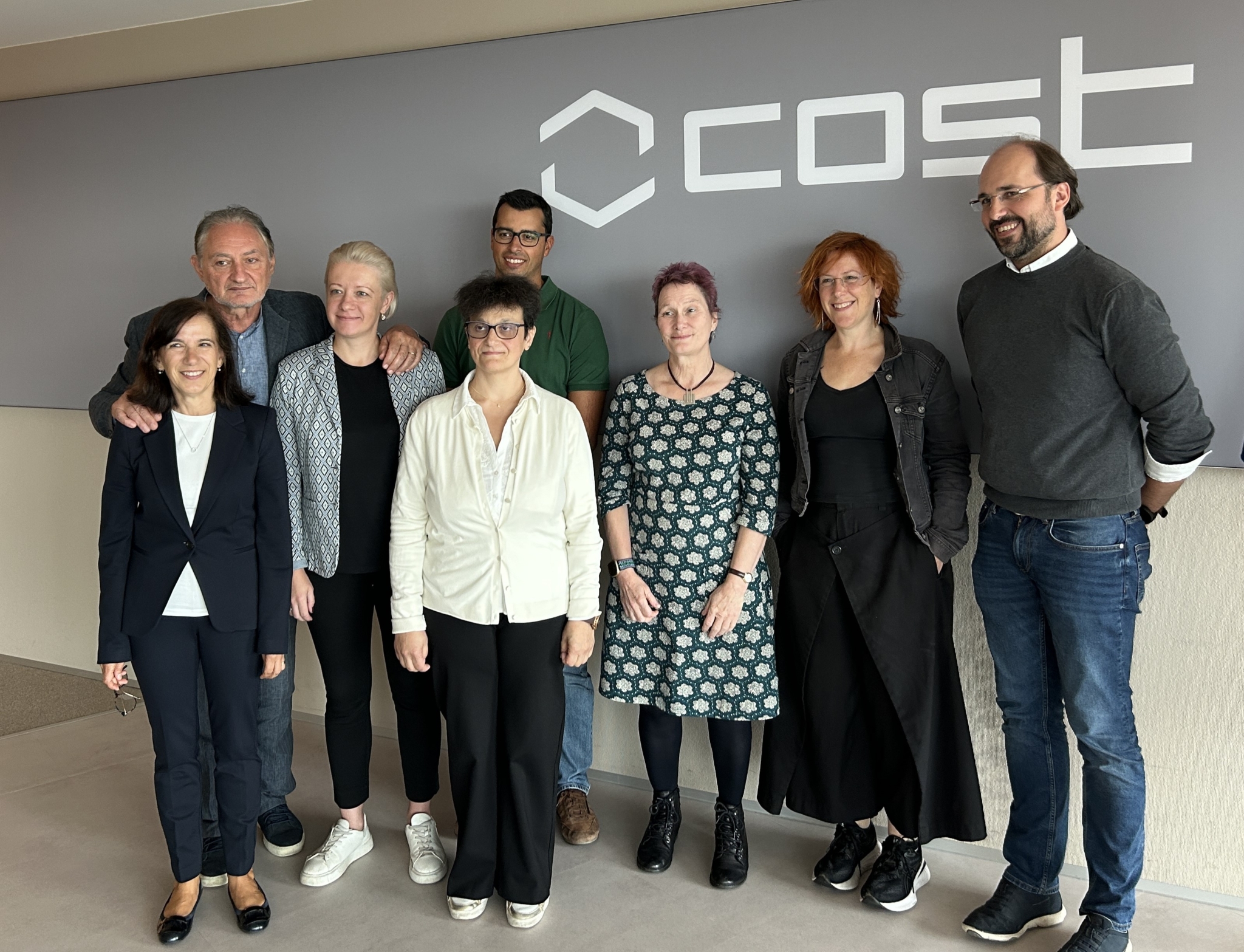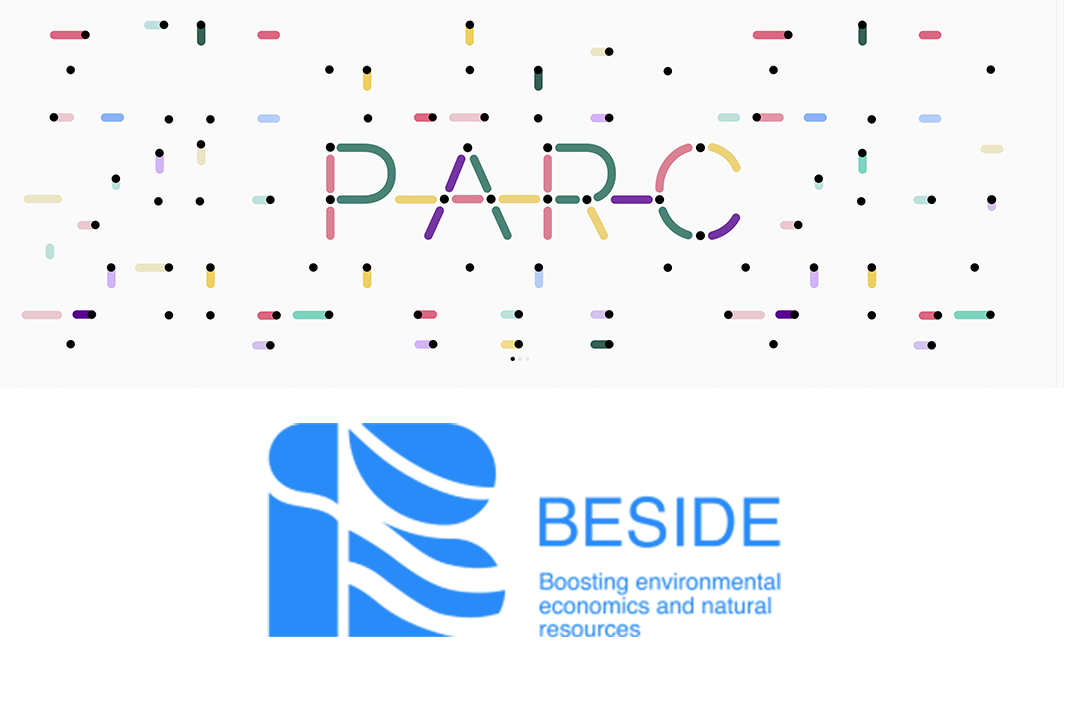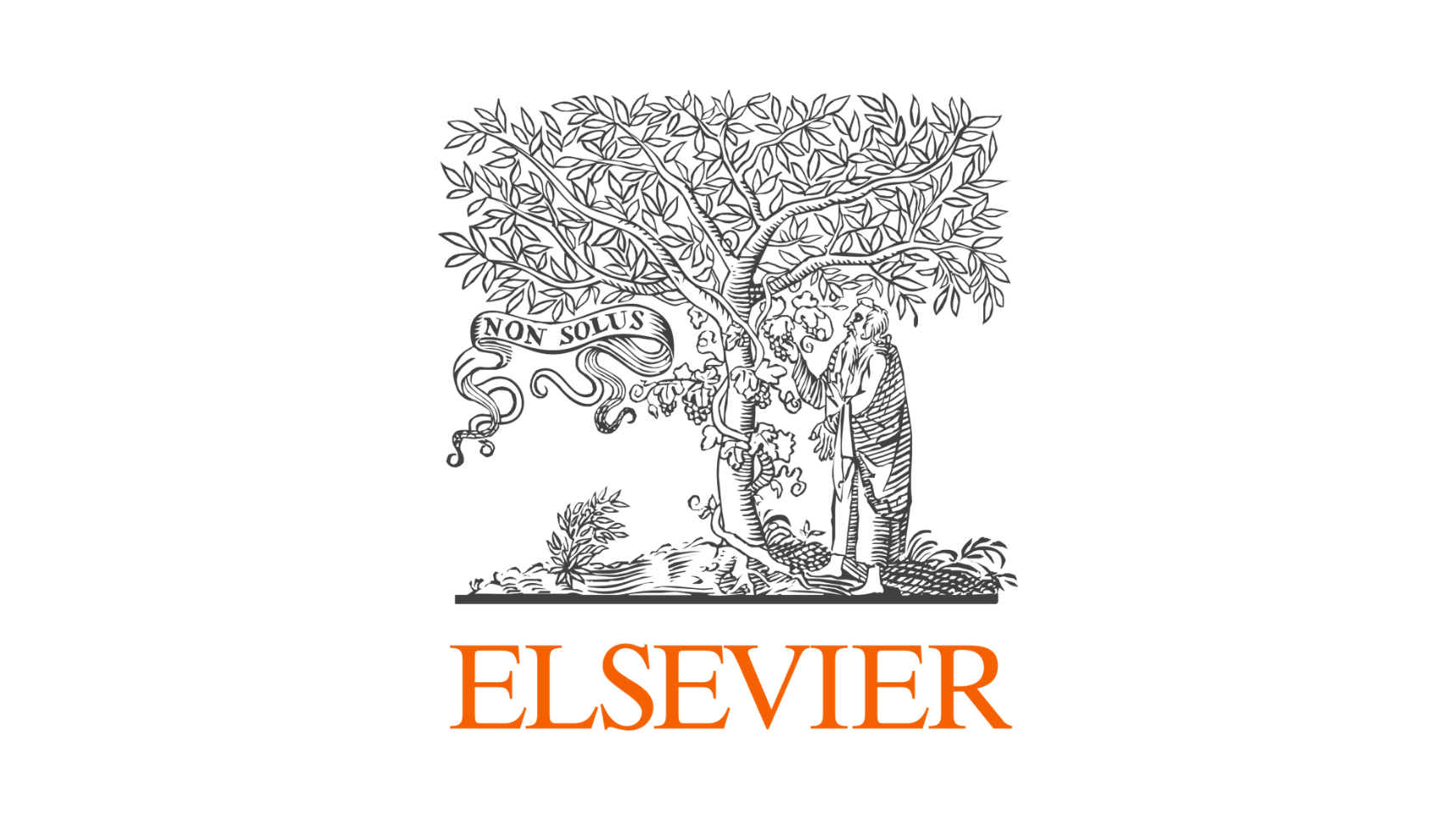On October 23, 2024 (Wednesday), the 2nd Workshop of the InundaRia project will take place in the Amphitheater of the Physics Department of the University of Aveiro, with a public session between 3:00 pm and 4:00 pm. In this session, the results obtained regarding the identification of areas at risk of flooding in the Ria de Aveiro region in the current context will be presented and discussed.
In a participatory environment, this event aims to present the first results of the InundaRia project to the community and bring together the scientific team with stakeholders and the general public, for a debate around the theme of flooding in the Ria de Aveiro region, with a view to validating the results already obtained within the scope of this project.
The InundaRia project (http://inundaria.web.ua.pt) “Flood Risk Assessment with a View to Improving Territorial Resilience in the Ria de Aveiro Region” is financed by the Technical Assistance Program 2030 (PAT2030), and aims to predict and understand the dynamics of flooding in the Ria de Aveiro. This project’s main objective is to bring together and disseminate technical-scientific knowledge in the fields of hydrodynamic modeling and flood risk assessment in the Ria de Aveiro, providing users and political decision-makers with reliable predictions that are fundamental to preparing the territory for extreme events, making it the most resilient to future threats. This project includes researchers from the Physics Department of the University of Aveiro and its partner entities are the Intermunicipal Community of the Aveiro Region (CIRA), the Port of Aveiro (APA) and the Central Regional Coordination and Development Commission (CCDR-Centro ).
